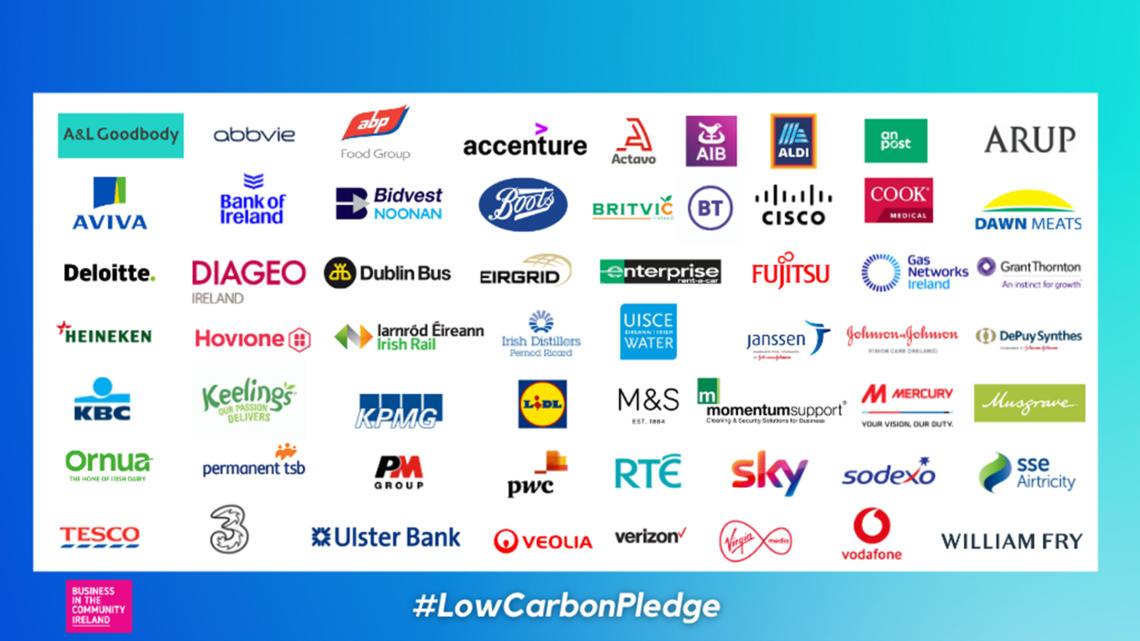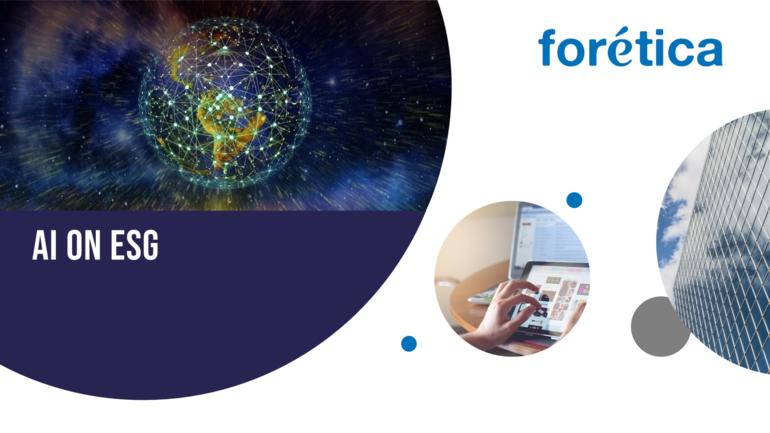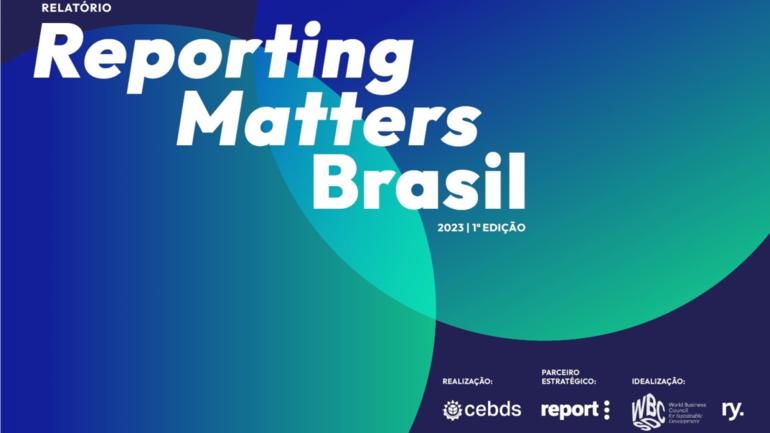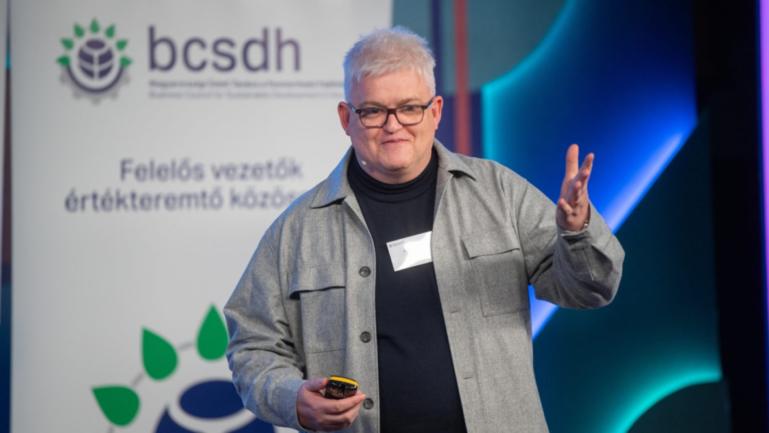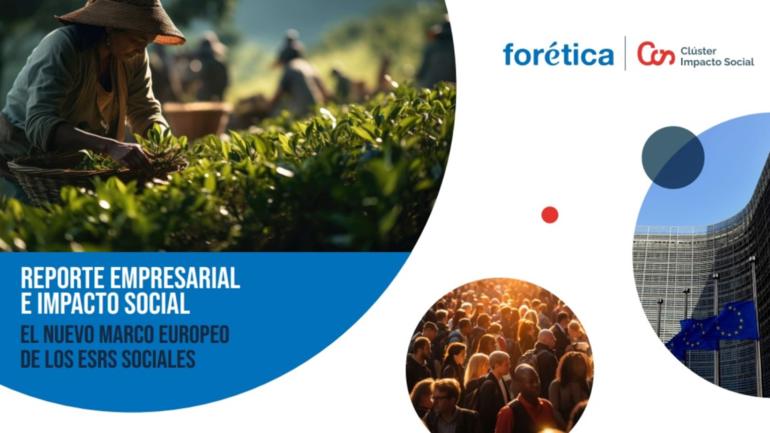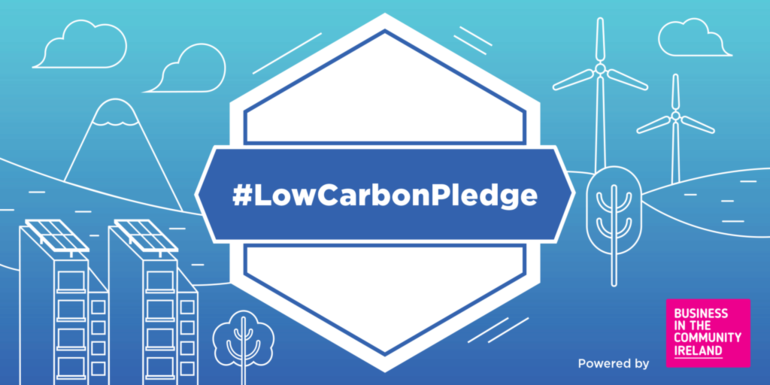Dublin, 10 June 2021: Ireland's largest businesses have shown real ambition and progress towards science-based targets as they chart their decarbonization journey, says major new report by PwC on the BITCI Low Carbon Pledge
- Over two-thirds of Ireland’s largest businesses are well progressed to setting science-based targets by 2024 to tackle climate change
- Very significantly, 42% of the BITCI Low Carbon Pledge companies have set a net-zero ambition – before 2030
- 90% of signatories consider climate and ESG in their strategic and operational decision-making process
- Business model resilience (40%) was the main driver for signing this more ambitious Pledge
- Key challenges to setting science-based targets are data accessibility and complexity of the assessment
2021 sees a new more progressive ambition for Business in the Community Ireland’s (BITCI) Low Carbon Pledge. Established in 2018, signatories must now align their climate action with what science says is necessary to limit global warming to 1.5°C – aligned to the Paris Agreement. This new more ambitious Pledge calls on businesses to work towards setting science-based emission reduction targets (i.e. what science says is necessary to limit global warming to 1.5°C) by 2024 at the latest.
64 companies have signed this year’s more ambitious Pledge, up from 58 signatories last year. The signatories span 11 sectors, with professional services firms, agribusiness/food & drink and financial services being the top three largest sectors represented. With this new commitment, businesses take a significant step forward.
For the third year running, BITCI partnered with PwC to produce the Low Carbon Pledge report, Business Working Together for a Low Carbon Future, published today and reveals progress of The Pledge signatories towards decarbonization.
The PwC report reveals that The Pledge companies have shown real ambition with significant progress made towards tackling climate change. 68% of the Pledge signatories are well progressed to setting science-based targets (SBTs) by 2024, 30% of which have successfully set SBTs and had them approved by the Science Based Targets initiative (SBTi) and 38% of which have formally committed to setting SBTs. Signatories within the technology, retail and agribusiness/food & drink sectors are the most advanced on the journey to science-based targets.
Other key findings from the 2021 Low Carbon Pledge report include:
- Business model resilience (40%) was the main driver for signing this more ambitious Pledge.
- For companies that have set SBTs, 100% cover scope 1 and 2 emission reduction targets, with 82% also setting the more difficult scope 3 emission targets. Around three-quarters are set to achieve their SBTs by 2030 or earlier.
- Very significantly, 42% of the Pledge signatories have set a net-zero ambition. For example, 56% have set their scope 1 and 2 ambitions net-zero targets to be met by 2030 or earlier. Positively, 41% of respondents have set scope 3 net-zero targets for 2030 or earlier, which is significantly more ambitious than the national trajectory of net-zero by 2050.
- Notably, 90% of Pledge signatories consider climate and ESG in their strategic and operational decision-making process. 93% have a dedicated sustainability lead within the firm, of which 66% are at the executive level. Support from the top is critical for any change programme and these findings illustrate how seriously this group is taking sustainability.
- One third of signatories did not yet know what percentage of their entire carbon footprint was made up of scope 3 emissions. One quarter of signatories stated that scope 3 emissions make up over 80% of their carbon footprint. This highlights the importance of focusing on reducing scope 3 emissions which clearly requires that companies are first in a position to accurately measure all material emission sources.
- The top challenges facing the Pledge signatories when it comes to measuring/reporting scope 3 emissions and setting science-based targets are (1) data accessibility and (2) complexity of the assessment. The report reveals that signatories within the agribusiness/food & drink sector have shown that it is possible to move ahead even if formal SBTi sectoral guidance is not yet available.
- Post-pandemic, most signatories expect to see a long term reduction in business travel and continued use of digital platforms for hybrid working. The report reveals that many signatories are creating sustainable travel policies, which call out a more limited requirement for essential travel.
- 65% of this year’s signatories receive external verification of their emissions data, up from 53% in last year’s report. With increased reporting, ensuring that the verification of emissions data is robust and accurate is critical to mitigating against the risks associated with inaccurate and incomplete reporting.
Eamon Ryan, T.D., Minister for Transport, Climate, Environment and Communications, said: “The Government is taking decisive Climate Action, providing a legislative path to achieving the ambitious target of 51% reduction in carbon emissions by 2030 and setting us on the path to net-zero by 2050 at the latest.”
“The Business in the Community Ireland Low Carbon Pledge has taken a major step forward, with signatories committing to science-based targets to cut their emissions. With over 60 businesses signed up to the Pledge, there is strong alignment between this initiative and the roadmap set by the Climate Bill. Business leadership is a crucial lever for change. Making this a competitive challenge, and adopting innovations like the Low Carbon Pledge will help us get to net-zero faster.”
Tomás Sercovich, CEO, Business in the Community Ireland (BITCI), commented: “The Low Carbon Pledge demonstrates meaningful business commitment to reducing carbon emissions. The past 12 months have seen the Pledge evolve to a commitment focusing on tackling carbon impacts across value chains. This is significant, as most emissions lie within the supply chain, in most sectors of economic activity. The report highlights that many of Ireland’s largest businesses are on track towards setting science-based emission reduction targets by 2024 and a net-zero ambition is not optional anymore.”
“Businesses are experiencing the need to evolve and transform their operations to deliver a green and socially inclusive future. This transformation will be complex and challenging beyond what we have experienced. It will be costly and take time to research and innovate, creating partnerships and ways of working. However, with all these challenges comes endless opportunities to build the products and services of tomorrow, supporting a just and responsible transition.”
Kim McClenaghan, Partner, PwC Ireland Energy, Utilities & Sustainability Practice Lead, said: “Achieving the necessary global decarbonisation will require wholescale transformation of every sector of the global economy, unprecedented innovation and committed leadership. A key focus of this year’s Low Carbon Pledge report is charting a pathway to net-zero and setting science-based targets. More than 1,300 companies worldwide have set science-based targets. These verified emission-reduction targets, grounded in climate science, put companies on a path to reduce greenhouse gas emissions and prevent the worst effects of climate change.
“The increased ambition in this year’s Pledge is commendable as is the increased number of signatories. The case studies clearly signpost that while each sector faces particular challenges when setting SBTs, innovative approaches exist to surmount these obstacles. A number of areas for organisations to consider on their decarbonization journey include: Understand your operating environment; set ambitious targets; align your corporate strategy to net-zero and obtain external validation of your non-financial data to confirm the accuracy and credibility of your reporting.”

